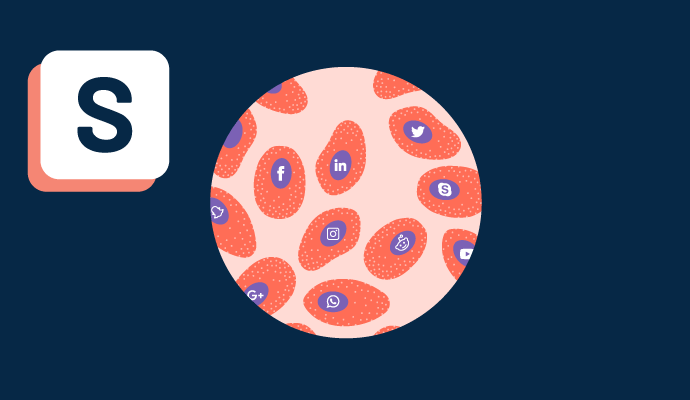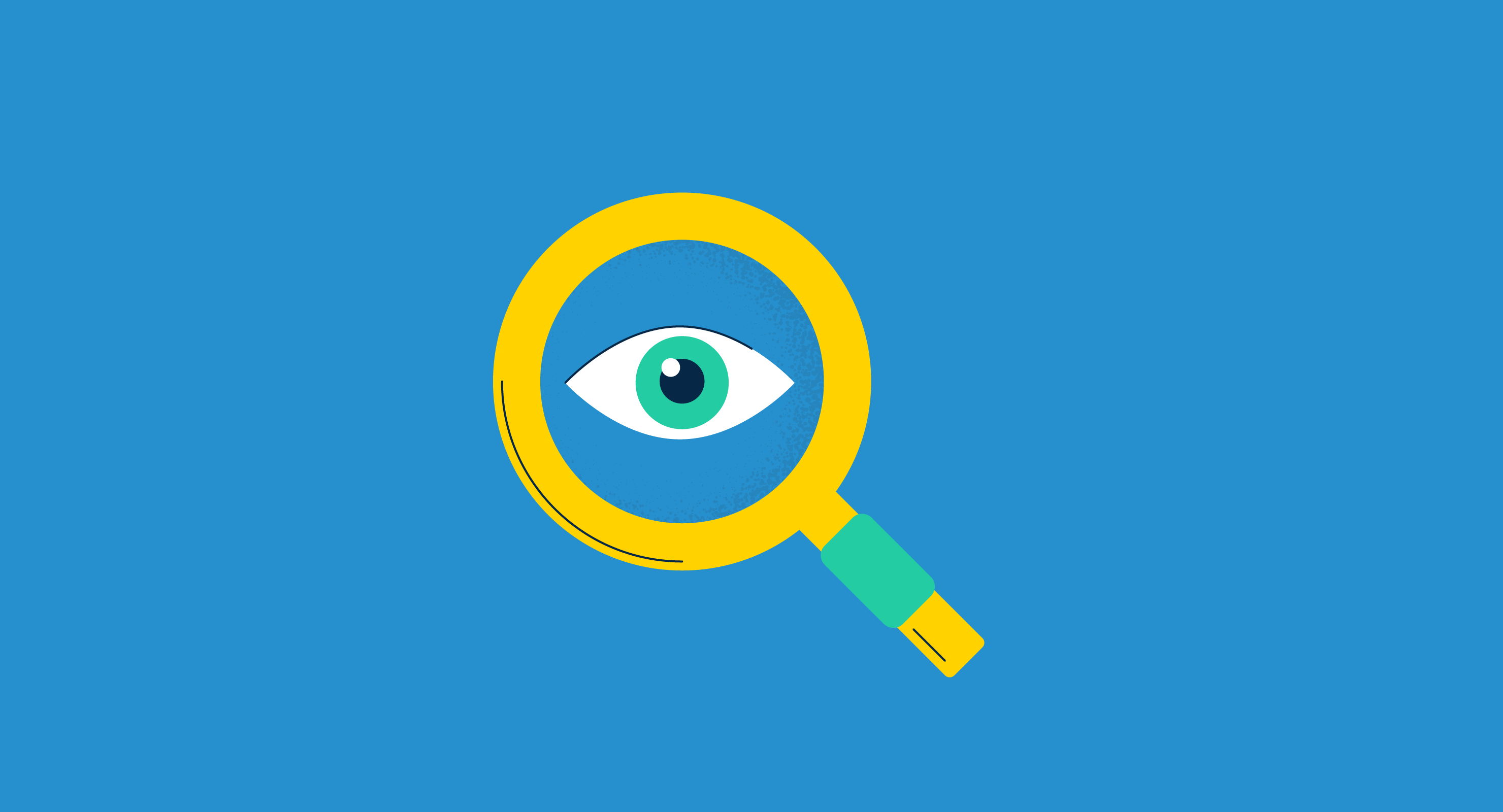What is social discovery?
Social discovery is the process of locating users through social media. This includes searching for another individual online, learning details like their birthday and interests, or finding their physical location.
Social discovery is also when an individual promotes causes, recommends products, or shares opinions. This is usually done on platforms like Facebook, Twitter, LinkedIn, Instagram, Reddit, and Yelp.
An organization may use social discovery software to gather and preserve data from social media platforms for legal purposes. On occasion, these tools are used by law enforcement agents to help predict and monitor potential crimes.
Law firms also use social discovery software to find and collect content posted to social media that may be used in legal proceedings. This helps these teams save hours that would have been spent manually combing through these platforms looking for specific information.
Types of social discovery
The types of social discovery a person uses depends on what someone is searching for. The most common types are:
- News discovery is when an individual uses a social network platform to discover news. An example is a user logging into Twitter to check trending tweets around a newsworthy event, like a national disaster or sporting event.
- Consumer discovery is when an individual uses a consumer-based app to look for reviews and recommendations. An example is a user reading reviews of a sweater on Amazon or checking reviews of a new restaurant on reservations software like Yelp.
- People discovery for professional use is when an individual uses a platform like LinkedIn to network. For personal use, this could be using an online dating app to find a potential partner.
- Location discovery is when an individual wants to discover a new place. For instance, someone using Airbnb to find a place to stay when traveling.
- Lifestyle and entertainment discovery is when an individual turns to social media for entertainment or lifestyle recommendations. Examples are using social discovery applications like Spotify to find new music or Pinterest for a new recipe.
Industries using social discovery
Just as consumers use social discovery in various ways, the same can be said for industries. Below are some industries that use social discovery:
- Hospitality: When users enjoy their experiences at places like hotels and restaurants, they’re more likely to leave positive reviews online. Businesses can use these posts to promote what makes their company stand out. Similarly, negative feedback can be mitigated quickly with social discovery software. Monitoring platforms like Twitter and Facebook is a must for organizations in hospitality.
- Public relations: Brands in the public relations (PR) sector use social discovery to quickly get in front of customer sentiment. PR companies rely on these tools to monitor bad press so an apology can be issued as soon as possible.
- Retail: Brick-and-mortar retail companies follow along with specific hashtags associated with their store or brand name. Any negative feedback can be responded to quickly and in a personal way. Stores can also use location features in social discovery software to filter social posts by a geographic location and tagged locations.
- Financial: The financial industry and insurance providers use social discovery to understand area-specific risks affecting people worldwide. These risks can be natural disasters, market changes, or political unrest. Twitter and Reddit are the leading platforms financial professionals turn to for these insights.
- Media and journalism: For effective coverage of breaking news and events, especially public safety, social discovery can provide a complete picture to emergency service teams and help aid in security measures in a crisis.
- Event security: Social discovery can give security teams an advantage in a physical threat. Similar to media and journalism, security teams use social media posts for extra eyes and additional information they’d otherwise be blind to. This information makes it possible to provide more help when it’s needed most.
- Legal and law enforcement: From solving crimes and assisting in police investigations, information found on platforms like Facebook, Instagram, and Twitter through social discovery can provide a significant advantage when making an arrest or solving a crime.
Benefits of social discovery
Companies across all industries experience various benefits of social discovery. Taking the time to use various social platforms provides advantages like:
- Targeting a specific audience: Brands may benefit from the opportunity to target audience members or customers with timely and unique marketing content based on their location.
- Increasing options for discovery: Just because apps like Facebook, Instagram, Twitter, and LinkedIn are the most common for social discovery doesn’t mean organizations should ignore platforms like YouTube, Snapchat, WhatsApp, and Slack.
- Better understanding of interests: Discovering information through social media platforms gives organizations more knowledge about customers, including their likes, dislikes, hobbies, and opinions.

Mara Calvello
Mara Calvello is a Content and Communications Manager at G2. She received her Bachelor of Arts degree from Elmhurst College (now Elmhurst University). Mara writes customer marketing content, while also focusing on social media and communications for G2. She previously wrote content to support our G2 Tea newsletter, as well as categories on artificial intelligence, natural language understanding (NLU), AI code generation, synthetic data, and more. In her spare time, she's out exploring with her rescue dog Zeke or enjoying a good book.


